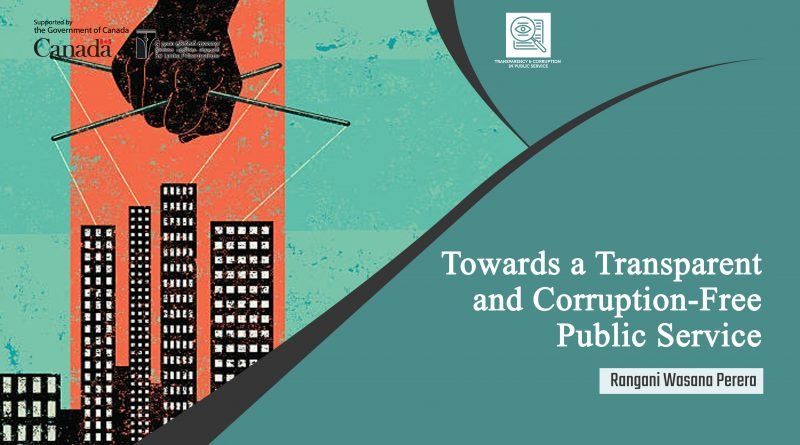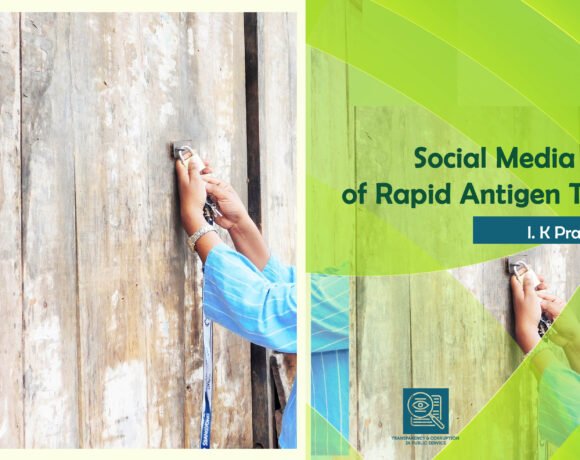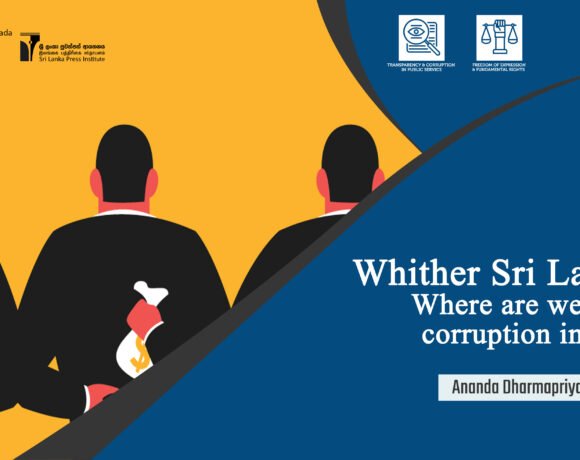
Towards a Transparent and Corruption-Free Public Service
Rangani Wasana Perera
Corruption must end in public service in order to create transparency in a society that does not even know the meaning of the word transparency in public service. Transparency comes to life when corruption in public service ends. Corruption is more of a problem than a moral issue and will hinder both public service and democracy.
For example, in the current context in which the Corona pandemic is widespread, bribery or bribery contracts have to be awarded in order to obtain health-care or fair policing. This results in the public suffering both physically and mentally.
In the past, public service was considered a respectable field of employment by people from the lowest level to the highest levels of society. At the time, public servants were honest, direct, efficient and corruption-free employees. With the July 1980 strike, a large number of public servants lost their jobs and at the same time politicians promised to provide government jobs to many sections of society to strengthen their election campaigns. As a result of these activities, public service marked the beginning of its corruption. Since then, the root of corruption has evolved into a large tree, growing and nurturing itself to this day.
It is a common social condition today for politicians and businessmen to make their own decisions for public service. It distorts government policy decisions. It is questionable as to whether public service, which is maintained by tax money to serve the public, actually serves the public anymore. Thus, the corrupt state of public service has encouraged people to adopt policies that are conducive to privatization. This is because people believe that there is transparency within the private service sector and that corruption is kept to a minimum.
The main reason for this is the dissatisfaction with public service due to salary anomalies, non-permanence of graduates in employment, political influence, lack of work to be done, etc. It appears that the public servant has become a victim in a system created by politicians.
As mentioned above, while it may seem appropriate for the public to turn to privatization, a strong public service is needed to foster a developing country. This is because with the privatization of all services, the poor and needy have to face economic hardships as they have to spend money on basic needs such as health, education and sanitation.
Accordingly, the basic principle to be understood here is the necessity of public service. Therefore, it is essential to create an optimal level of public service that is free of pay inequalities, corruption and fraud. The first step towards creating this space is to re-create the public service as an independent service free from politicization. That is to say, there is a need to create an Independent Public Service Commission in the fullest sense of the word. Doing so, will create a strong public service that works for the public respectfully while protecting transparency.








